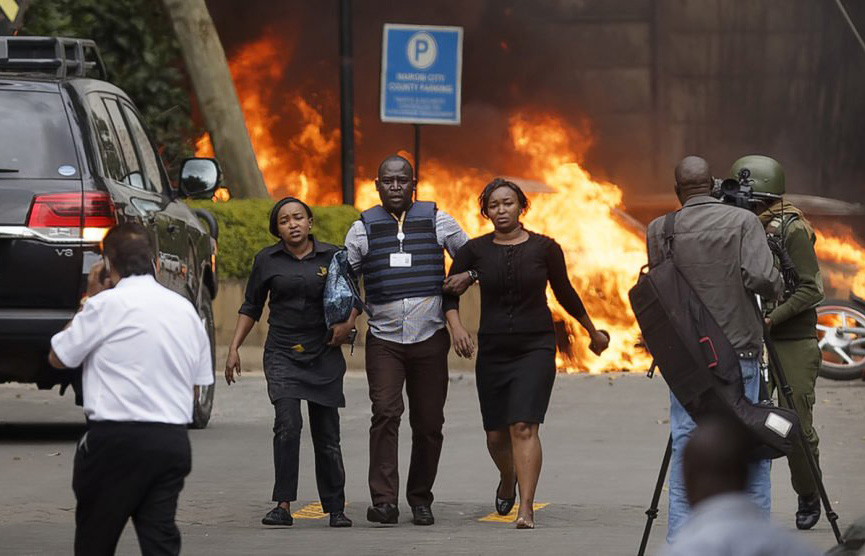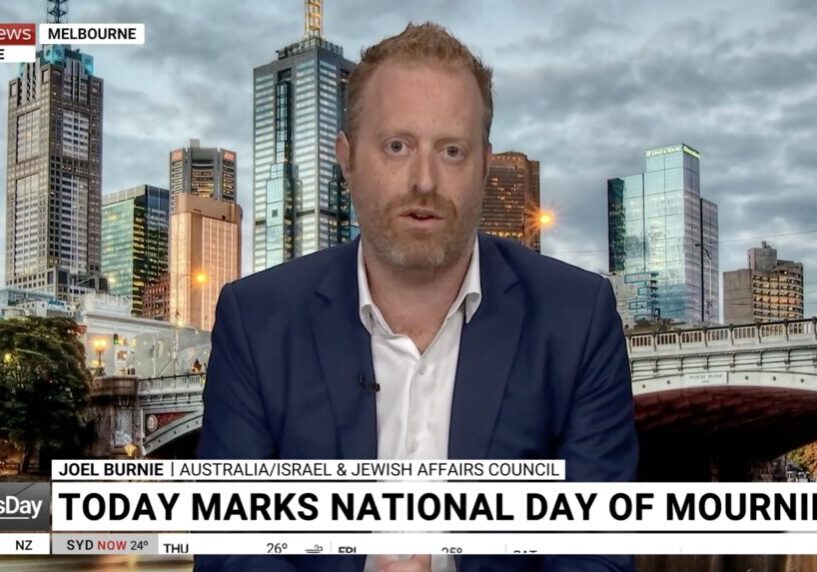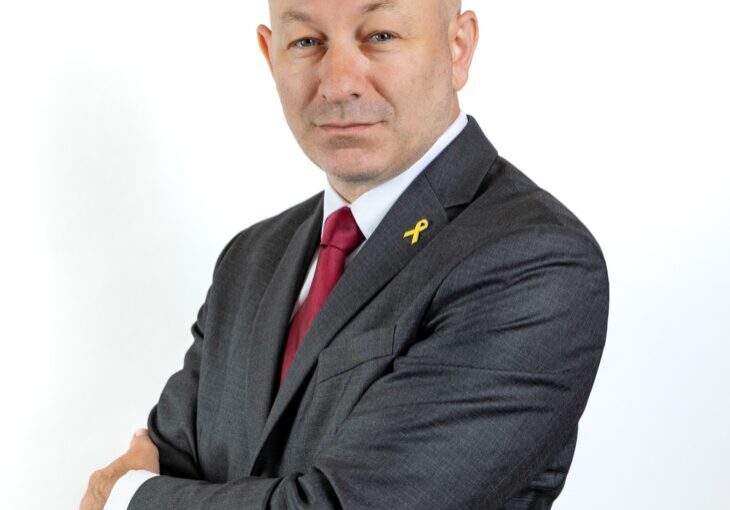Australia/Israel Review
Deconstruction Zone: Time to designate Turkey a sponsor of terrorism?
Feb 4, 2019 | Michael Rubin

On Jan. 15, Islamist terrorists affiliated with the Somali group al-Shabaab attacked an upscale hotel in Nairobi, Kenya, killing at least 21 people.
It was not the group’s first attack in Kenya. The radical group, which at one point was affiliated with al-Qaeda, has used Kenya’s heavy Somali refugee presence as cover for a number of attacks in Kenya and against Kenyans, most famously at the Westgate Mall in 2013. That Kenya remains a contributor of both soldiers and police to AMISOM, the African Union Mission in Somalia which seeks to defend the country against al-Shaabab, only puts it further in the group’s crosshairs.
For most countries, it would be unthinkable to support, let alone supply, al-Shabaab. Except for Turkey.
At least according to this report from Abdullah Bozkurt, the former Ankara bureau chief for Today’s Zaman, a newspaper affiliated with Fethullah Gulen, an exiled Islamic theologian and one-time ally of Turkish leader Recep Tayyip Erdogan. Bozkurt writes that Ibrahim Sen, subsequently arrested in Pakistan as an al-Qaeda operative, was a liaison for Turkey’s intelligence service to groups in Syria and, more importantly, transferred US$600,000 to al-Shabaab in 2012. While Bozkurt has ample personal reason to embarrass Erdogan given the Turkish leader’s closure of Zaman and imprisonment of many of Bozkurt’s colleagues, his outlet both still had tight relations with the Erdogan government at the time of the alleged transfer and the Gulen movement at the time still had a heavy presence in Turkey’s diplomatic and security services. In addition, subsequent intelligence confirmed the Gulen movement leaks about Erdogan’s secret dealings which emerged in the wake of the high-profile feud between Erdogan and Gulen.
According to Bozkurt, Turkish authorities sought to bury Sen’s work on Syria. Bozkurt wrote:
The government dropped the 2014 investigation and sacked police chiefs, prosecutors and judges who were involved in the investigation, prosecution and trial of Sen and his associates. Wiretaps obtained by prosecutors under court order exposed Sen’s links to the Turkish intelligence agency. Investigators believed that Sen used several front NGOs including the Foundation for Human Rights and Freedoms and Humanitarian Relief (Insan Hak ve Hurriyetleri ve Insani Yardım Vakfı, or IHH) to conceal illegal shipments to jihadists in Syria.
That Turkey was actively supporting an al-Qaeda affiliate in Syria and, at a minimum, passively supporting the Islamic State was the major reason why the United States cast its lot in with Syria’s Kurds. Turkey’s ongoing partnership with radical groups in Syria will also pose a lasting security challenge to the broader region and Turkey itself.
In recent weeks, Libyan authorities have repeatedly intercepted shipments of Turkish weaponry destined for Islamist militias in defiance of a United Nations weapons embargo. Some Turkish and Libyan Islamist authorities have reported that the weapons in question turned out to be starter rifles and blanks. But not only does the provision of four million blanks to Libya defy logic, but the explanations only account for a portion of the shipments.
With Turkish weapons shipments to Islamist insurgents in Nigeria and to Hamas, a designated terror organisation, a broader pattern emerges of which support for al-Shabaab is only one part.
US President Donald Trump, Secretary of State Mike Pompeo, and Special Envoy James Jeffery may find it expedient to ignore Turkey’s actions, just as the Clinton and Bush administrations found it expedient to ignore Pakistan’s terror sponsorship. Alas, in that case, reality caught up with the wishful thinking of policymakers, and ultimately led the US to engage in its longest (and still ongoing) war in Afghanistan.
As the smoke clears in Nairobi, it would be prudent to investigate which foreign states have backed or enabled al-Shabaab and publicly shine the spotlight on such finance. Foreign policy and national security must be based on reality, not wishful thinking.
Dr. Michael Rubin is a resident scholar at the American Enterprise Institute and a former Pentagon official. Reprinted from the Washington Examiner by permission of the author. © Michael Rubin, reprinted by permission, all rights reserved.
Tags: Africa, Islamic Extremism, Terrorism, Turkey






